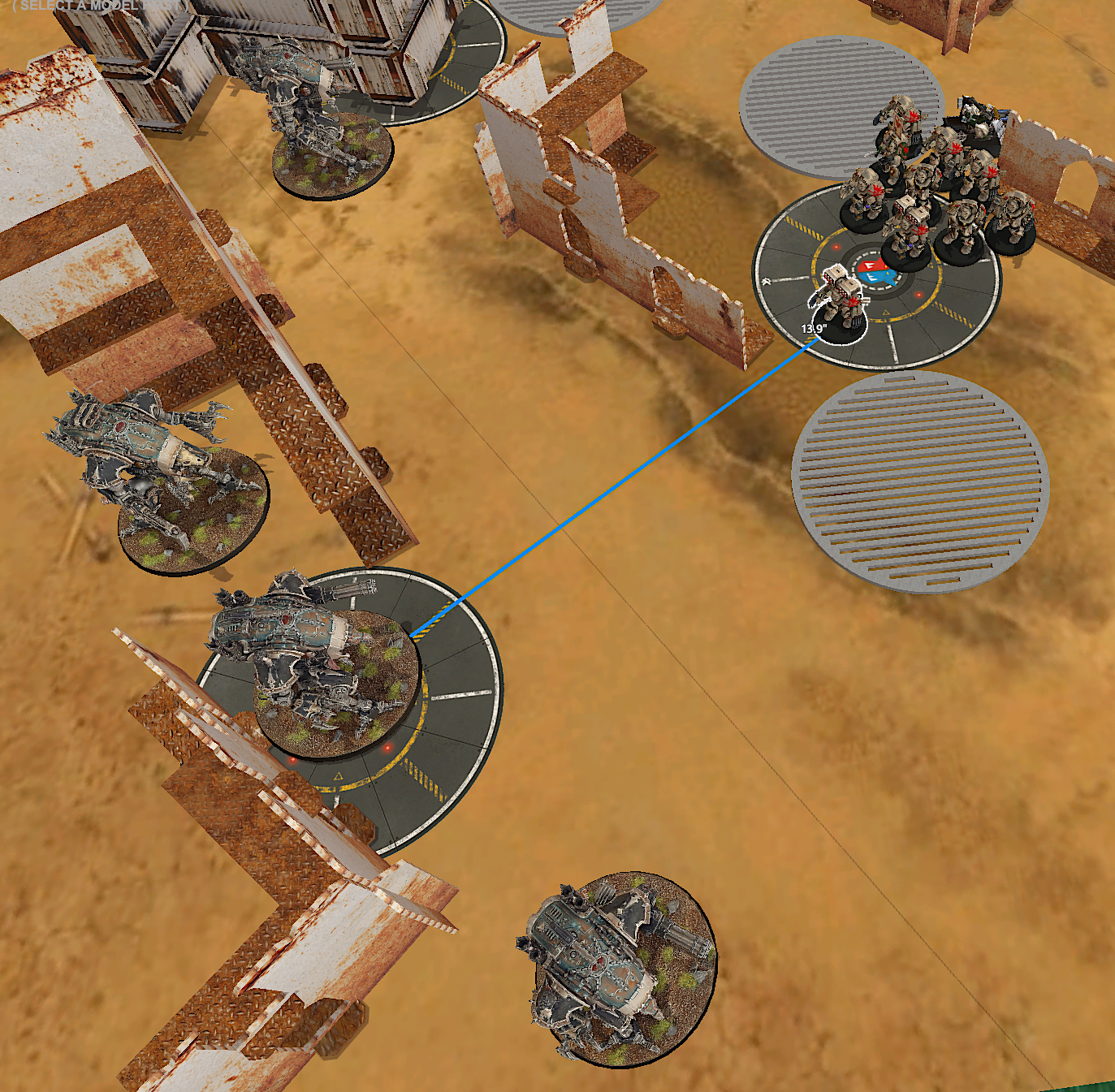Back to Basics, a Roadmap to Improvement for the Intermediate Player
Hello everyone, I am Tim Pinney from Stat Check. We take pride in our show X-1, which focuses on mastering fundamentals and providing actionable advice to improve your game. For those of you on a time crunch, I will be doing a series of articles on how to master the fundamentals of 40k that generally don't change from edition to edition.
These articles are intended for intermediate to advanced players who have played several dozen or hundreds of games and are looking to improve. They are not intended for true beginners nor are they "5 Clickbait Tips to a GT win." Instead, they focus heavily on the fundamentals needed to be a high-level Warhammer 40k player.
When watching the greats play, it's easy to get caught up in their moments of brilliance. However, these moments of brilliance are due to their mastery of the fundamentals, allowing them to execute flawlessly consistently.
I strongly encourage you to record or photograph all your games, so you can review your decisions while improving. When reviewing your plays, the most important parts of a decision are your intent (strategy) and the execution. The intent refers to whether it was correct to go for a play in the first place, considering known factors like opponent Command Points, Threat Range, and unknown factors like what your opponent's intent and risk threshold are. On the other hand, execution refers to whether you played it mechanically correctly.
Having the right intent behind your actions means you're making the right play, even if you execute poorly sometimes. However, executing well on poor intent will develop bad habits in the long run, even if you don't get punished every time.
Results-oriented analysis leads to ingraining bad habits. For instance, if I decide that I shouldn't CP reroll an important spell because I cast in the wrong order last time and failed a CP reroll on a lower priority spell, I'd be losing out on value in the long term because the execution was the problem, not the intent.
Here the CK player has executed a textbook steal to deny the opponent an objective, but didn’t take into account the Dark Angel player was going to score an 8 on primary anyways. Poor intent, great execution.
Here the CK player has painstakingly premeasured 17.1” from Dark Angel Terminators to ensure he is out of a range of a charge next turn. However, by choosing to shoot the unit, the Dark Angel player has revived a Terminator closer to the CK and can now charge him next turn! Great intent, dreadful execution!
I've seen many people who absorb so much educational content but don't get results. This is usually due to a lack of a learning plan. If you're reading these articles or any competitive educational material, there are just too many concepts to incorporate into your play at once.
I suggest you do two things initially:
Focus on one concept at a time and intentionally practice it, then move on to the next thing, as too many things at once will overload your brain and make practice less efficient.
Set specific achievable goals. For example, if you were trying to learn to punish opponents when they try to score primary, the first goal you would set is to place a shooting close enough to an objective that the far edge is within your Move Value + Shooting Range and in Line of Sight, or to place a melee unit close enough where a charge onto the back of that objective has a high chance of succeeding (greater than 50%), just to get used to challenging an opponent's space.
Next, you would do the same while staging in such a way where you are hard if not impossible to be shot or charged yourself. After that, you would do so in such a way where you are screening out enemy reserves and maybe also scoring a secondary with that unit. Finally, you would do it while also screening out your characters and thinking about your opponent's resources, until you've mastered the entire concept, and it's all become muscle memory.
Here the entirety of the objective is within threat range of the Fiends (Fiends move 14”), but the Fiends are outside of threat range themselves. This is the bread and butter of applying pressure with melee units.
The most useless goals are those that lack actionable information. For example, setting a goal to go 3-2 at your next event or to podium at your next RTT might sound impressive, but they are functionally useless because they lack specific and actionable elements.
To ensure that you're making progress in your gaming skills, it's essential to incorporate new concepts and make them part of your muscle memory. As you master these concepts, you can check them off in a Google Doc or Notepad, which is a crucial step in the learning process. Checking off concepts signals to yourself that you've incorporated them into your play and helps you track your progress.
It's important to focus on learning and implementing concepts as your benchmark for progress, rather than on your ITC rank or event placings and wins. These are byproducts of improvement, not the goal itself. Remember that your performance and win rate might decrease in the short term as you attempt to incorporate unfamiliar concepts and fail until you master them. Embrace failure as a challenge rather than getting attached to your win rate or event placings.
In summary, mastering the fundamentals leads to actual improvements in your gaming skills. Don't just practice the fundamentals occasionally; consciously focus on them until they become second nature. If you enjoyed this article and want to learn more, you can stay tuned for more articles in this series, follow us on our biweekly show "X-1," join the Stat Check Patreon, or even sign up for Stat Check Coaching.



